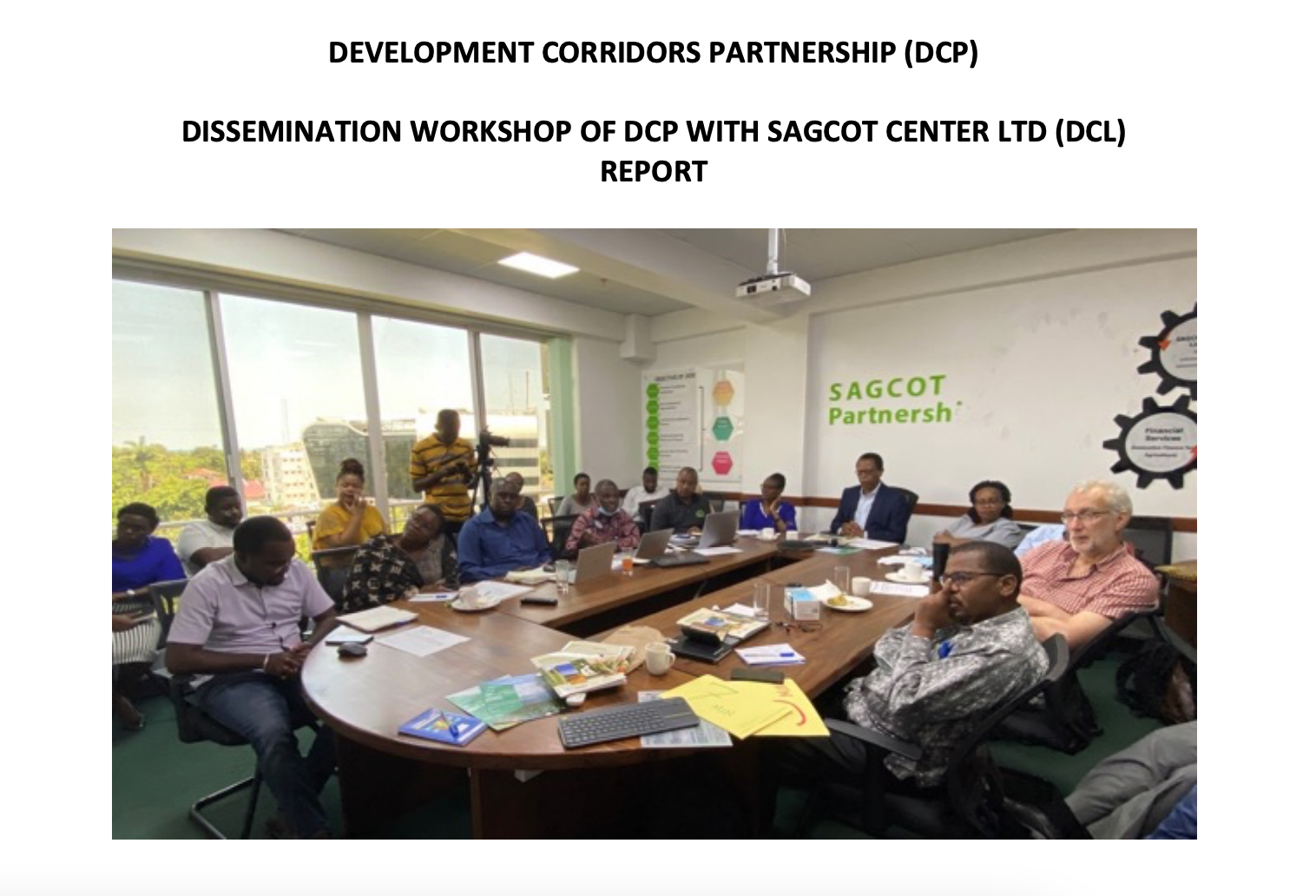Agriculture Growth Corridors of Tanzania on the Horizon: SAGCOT to Broaden Operations as Directed by Agriculture Minister
Kilimokwanza.org reporter
In a strategic move poised to revolutionize Tanzania’s agricultural sector, the Southern Agricultural Growth Corridor of Tanzania (SAGCOT) convened a high-level meeting on April 19, 2024, at Morena Hotel in Dodoma.
The conference, graced by the Minister of Agriculture, Hon. Hussein Bashe (MP), focused on expanding SAGCOT’s operations into new agricultural regions across Tanzania, enhancing the sector’s contribution to the national economy.
Strategic Directions and Ministerial Guidance
Minister Bashe articulated a vision for a diversified and resilient agricultural economy that transcends traditional food production to encompass significant commercial output. “We are not just cultivating crops for sustenance; we are cultivating for commerce. It is essential to analyze the entire economic landscape, consider the suitability of our land for various crops, address the impacts of climate change, and assess the productivity derived from each agricultural zone,” explained Minister Bashe.
He further emphasized the importance of leveraging research centers as hubs for detailed analysis that aligns with agricultural zones based on specific crop production, seed production capacities, and their overall contribution to the economy regarding job creation, market access, and investment opportunities. “Devise a long-term plan, possibly spanning 10 to 20 years, to set a clear direction for regions with high, medium, and low production levels, and align investments accordingly,” Minister Bashe insisted.
Responsive Approach by SAGCOT
Responding to the minister’s directives, SAGCOT’s CEO, Mr Geoffrey Kirenga, assured that the strategy session would incorporate a comprehensive approach to research and stakeholder feedback. “Following your guidance, we aim to transform our initiative into the Agriculture Growth Corridors of Tanzania. Once finalized, we will invite you to inaugurate the project,” said Mr. Kirenga.
This plan represents a meticulous effort to broaden the scope of agricultural activities and integrate insights from various stakeholders, including government agencies, private sector entities, international institutions, farmers, and business operators within the agricultural value chain.
Stakeholder Engagement and Collaborative Efforts
The meeting underscored the importance of collaboration among diverse stakeholders. Representatives from government bodies, private sector companies, international organizations, local farmers, and business owners engaged in constructive dialogues, sharing insights and proposing solutions tailored to the unique challenges of different agricultural zones in Tanzania.
Future Prospects and Impact
The expanded strategy aims to boost agricultural productivity, enhance market efficiency, and increase the sector’s resilience to climate variability. By doing so, SAGCOT intends to unlock new economic opportunities and foster sustainable development throughout Tanzania.
As SAGCOT aligns its operations with the strategic directions outlined by Minister Bashe, the initiative is set to play a pivotal role in transforming Tanzania’s agricultural landscape into a more productive and sustainable sector. This ambitious approach promises to elevate the standard of living for farmers, stimulate economic growth, and position Tanzania as a leader in agricultural innovation in the region.
SAGCOT’s proactive response to the government’s call reflects a shared commitment to agricultural excellence and sustainable development. This partnership, enriched by stakeholder involvement, is poised to usher in a new era of agricultural prosperity in Tanzania.

